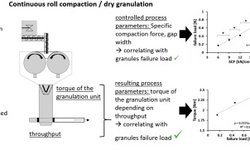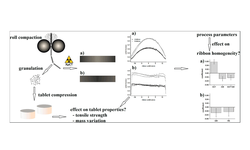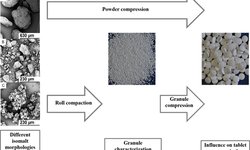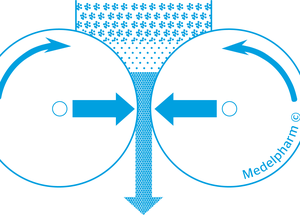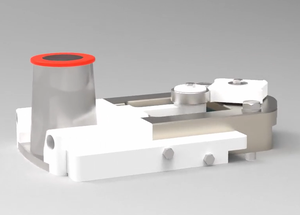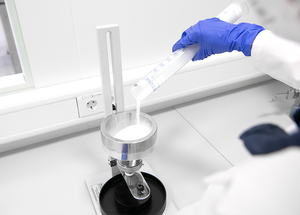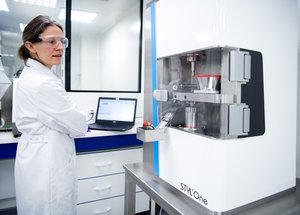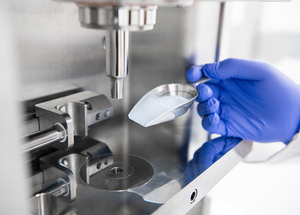Scientific papers
This study explores the quantitative impact of 12 different materials (including active pharmaceutical ingredients and excipients as surrogate active pharmaceutical ingredients) on the critical quality attributes of products generated through twin-screw granulation and the subsequent tablet manufacturing process. Preliminary investigations revealed the substantial influence of the chosen model materials, combined with crospovidone, on the disintegration behavior of the resulting tablets, despite having comparable tablet porosities. The study delves into the underlying reasons for the diverse disintegration behaviors by examining raw material, granule, and tablet properties. The investigation suggests that the mechanical properties of the raw materials and the produced granules play a crucial role. Compressibility studies classify materials into those with high compressibility, deforming more plastically under compression stress, and low compressibility, exhibiting breakages under compression stress. Generally, aside from (pseudo)-polymorphic transformations, brittle materials exhibit excellent disintegration performance, even at low resulting tablet porosities (<8%), whereas plastically deformable materials often do not demonstrate effective disintegration. These findings are essential for developing simplified formulations with high drug loads, where the active pharmaceutical ingredient largely determines the deformation behavior of the granule.

Comments
No comments posted yet.
Add a comment

